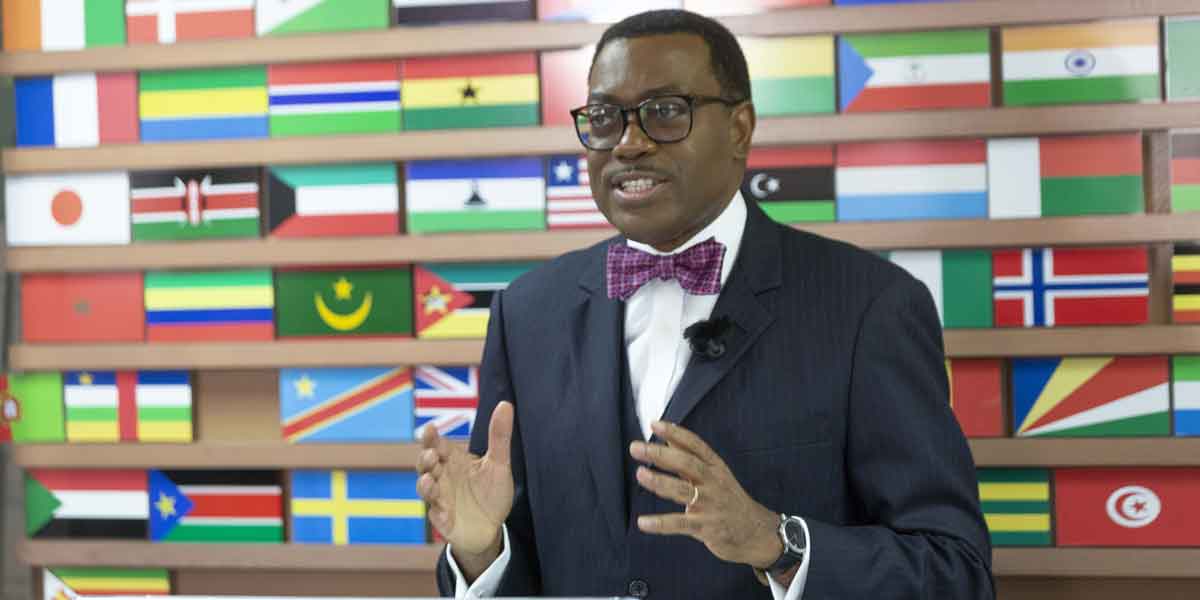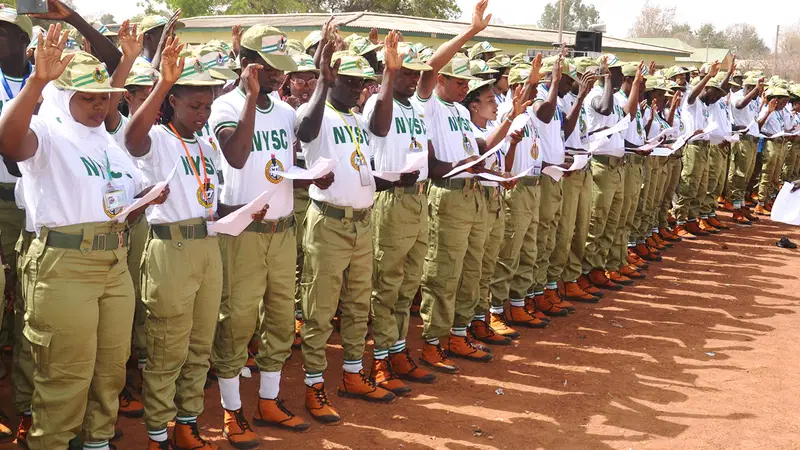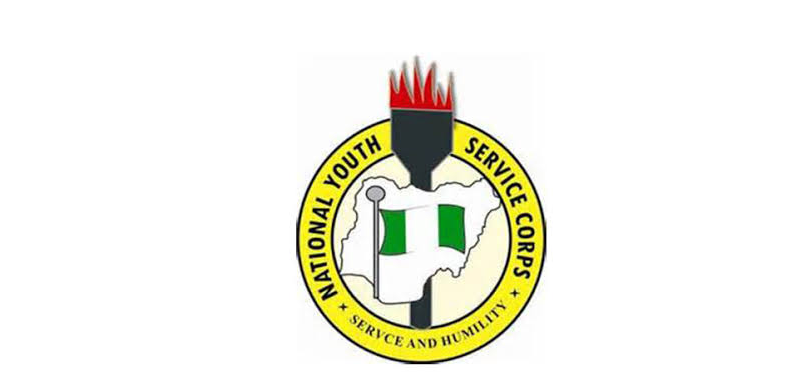President of the African Development Bank (AfDB), Dr. Akinwumi Adesina has said that Africa suffers an annual loss of between $7 billion and $15 billion due to climate change.
He made this statement during an interview with the British Broadcasting Corporation (BBC).
Despite contributing only 3% of global emissions, Africa is disproportionately affected by climate change, experiencing severe impacts on agriculture and economies.
In response, the AfDB has launched significant initiatives aimed at building resilience and adapting to the changing climate.
The bank has committed to doubling its climate finance to 25 billion dollars by 2030, with a particular focus on the African Adaptation Acceleration Programme.
“This programme aims to deploy 25 billion dollars for climate adaptation, making it the largest globally.
“Additionally, the AfDB has created a climate action window with an initial investment of 429 million dollars, expected to grow to 13 billion dollars,’’ he said.
Adesina said this window supports vulnerable countries with crop insurance, land restoration, and climate information services.
He said Innovative financial mechanisms played a crucial role in supporting these climate adaptation initiatives.
Adesina said the bank had begun using partial credit guarantees, which enabled countries like Benin, Senegal, and Cote d’Ivoire to raise significant capital at lower interest rates.
“For example, Benin raised 400 million dollars from Chinese investors using a $195 million partial credit guarantee.
“The AfDB also facilitated Egypt’s Panda Bond issuance, allowing the country to secure 500 million dollars from Chinese markets.
“These financial innovations reduce the cost of borrowing for African countries and encourage long-term investments in climate resilience.
“In spite of the challenges posed by climate change, Africa is leading the charge in innovative solutions and sustainable development,’’ he said.
The AfDB boss, therefore, said that the global financial architecture was not serving Africa’s interests very well, thus requiring change.
On Special Drawing Rights (SDRs), he said the bank was championing the course on the need for Africa to take those SDRs and use them better.





